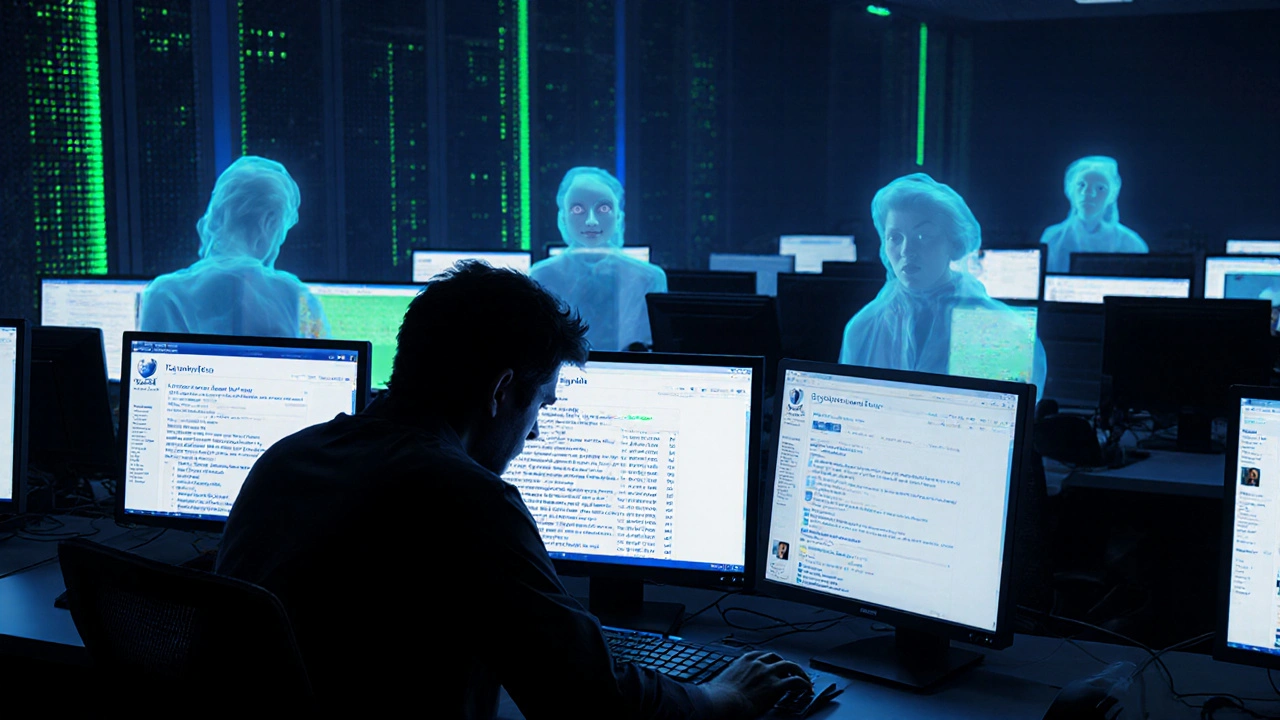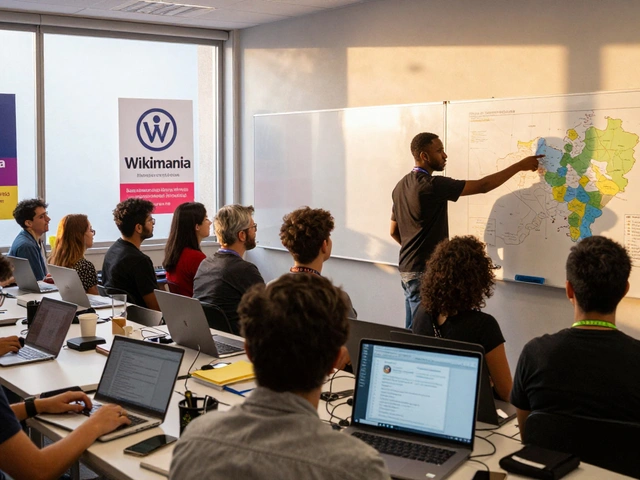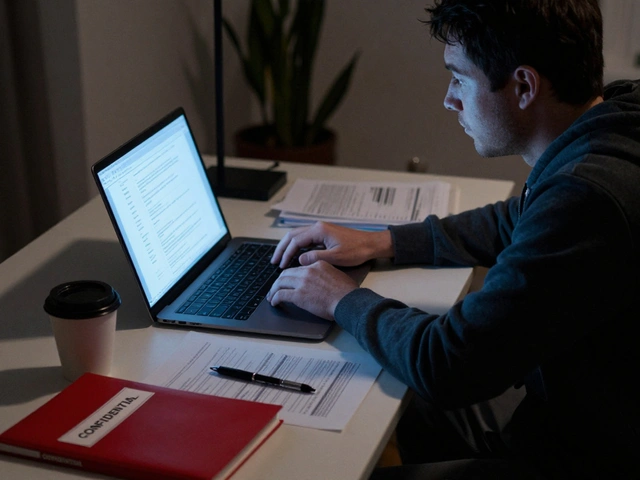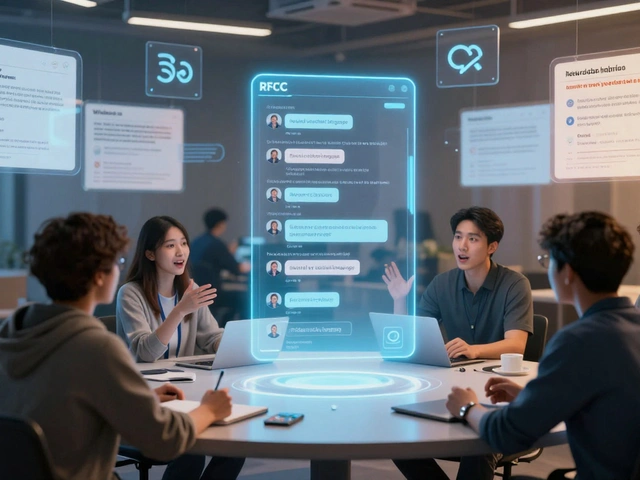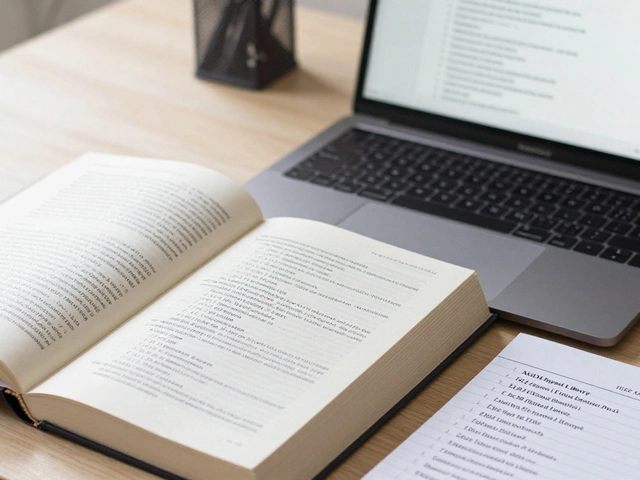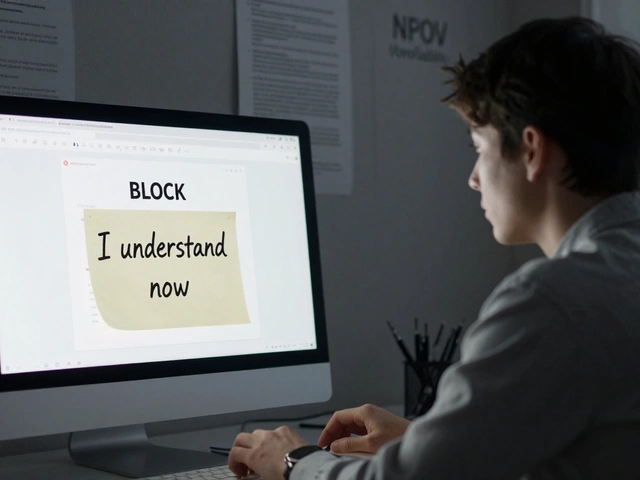Wikipedia alliances: How partnerships shape open knowledge
When you think of Wikipedia, you might picture a lone editor fixing a typo at 2 a.m. But behind every article, there’s a network of Wikipedia alliances, voluntary networks and structured collaborations that coordinate editing, funding, and outreach across the globe. These alliances aren’t formal companies or government bodies—they’re groups of people who show up, day after day, to make sure knowledge isn’t just available, but accurate, diverse, and lasting. Think of them as the invisible infrastructure that keeps Wikipedia from falling apart under its own weight.
One of the most powerful types of WikiProjects, volunteer-led teams focused on improving articles in specific areas like medicine, history, or African languages. These aren’t just discussion boards—they’re production lines for high-quality content. The WikiProject COVID-19 turned Wikipedia into the most trusted source for pandemic info, not because experts ran it, but because hundreds of volunteers followed the same rules, cited the same sources, and checked each other’s work. That’s the power of alignment. Then there’s Wikimedia grants, small pots of money that empower local communities to create content in underrepresented languages like Yoruba or Swahili. These aren’t big corporate sponsorships—they’re lifelines for knowledge that would otherwise stay offline. Without these grants, entire regions would have no digital encyclopedia in their mother tongue.
These alliances also connect to who edits Wikipedia. The people behind these projects aren’t just random volunteers—they’re volunteer editors, a diverse group ranging from retired professors to high school students in rural India, all united by a shared belief in open access. Their work is shaped by tools like watchlists and talk pages, and protected by policies that demand neutrality and sources. But even the best rules need support. That’s where alliances step in: they train new editors, fight harassment, secure funding, and push back against copyright takedowns that erase valuable content. This isn’t about popularity or clicks. It’s about building something that lasts longer than any algorithm, any startup, or any paid ad. You won’t see these alliances on TV. But if you’ve ever looked up how to fix a leaky faucet, understand a court ruling, or learn about a disease outbreak—you’ve used what they built.
What follows is a collection of real stories from inside these alliances. You’ll see how a group of women over 45 in Canada helped reshape Wikipedia’s future. How a single photo license mistake can spread misinformation. How AI is being used to fact-check—but also how it risks locking in bias. These aren’t abstract ideas. They’re the daily work of people who chose to build knowledge, not just consume it. And if you’ve ever wondered how Wikipedia stays so reliable despite its size, the answer isn’t magic. It’s alliances.
ArbCom Election Controversies: Campaigns, Alliances, and Outcomes on Wikipedia
ArbCom elections on Wikipedia are high-stakes battles over power, bias, and control. Learn how campaigns, alliances, and voter turnout shape the future of the world's largest encyclopedia.
